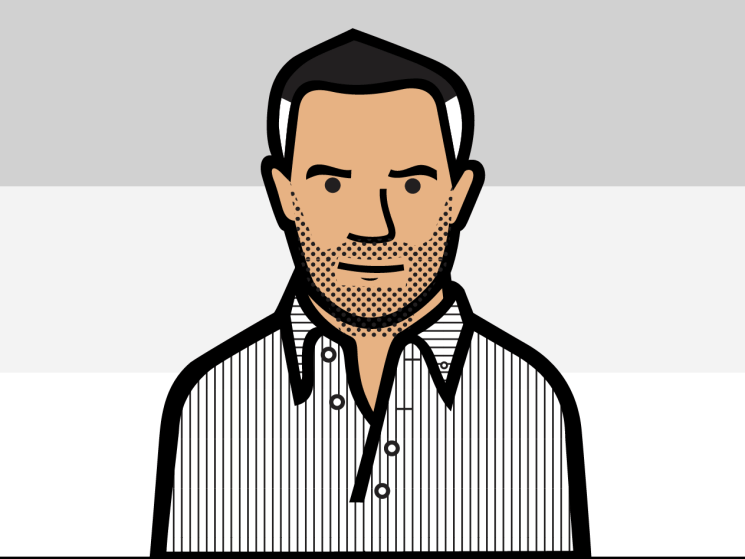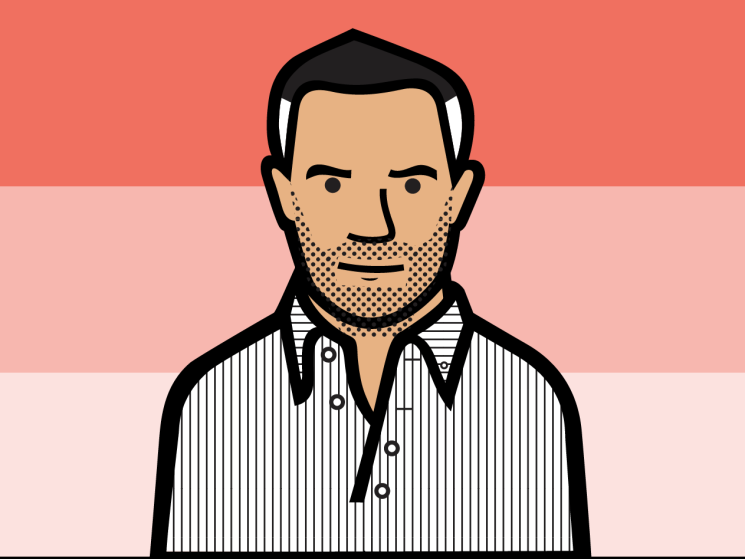The Faster Lane
from Tyler Brûlé
While Christmas begins to hum from on high, 2026 is already quietly glowing
For the past 25 years or so, Christmas has usually been an Alpine affair. There have been dashes down to Palm Beach north of Sydney, one Christmas in Toronto and a few years back…

Latest
How a chairman, a movie star and a secret made my week
Do you use your Sunday to look back over the past five or six days and take stock? Or are you one of those look-ahead types who ploughs on and does little in the…

Turns out the school-bus spirit never left – it just flies Swiss
Were school buses ever part of your academic routine? Were you packed off to the end of the driveway with your lunch, books, overstuffed pencil case and sports gear in your backpack to be…

The inbox has spoken – travel marketing needs a reality check
When I started tapping out last week’s column, somewhere high above Baffin Island, little did I know that I was creating an inbox monster that only stopped raging on Friday morning. In case you…

No one buys a holiday for ‘mindfulness’. Travel marketing needs a reality check
Earlier this week I attended a conference in Tokyo and was reminded by several of the speakers on stage about the “emotional connection” of travel and how seeing the world “weaves a new sense…

The joys of being Banned: A Tokyo trim can beat any wellness regime
Forget cryo-chambers. Tyler Brûlé finds youthful energy at the barbershop and the bar.

From Beirut’s backstreets to a London menswear staple – Trunk turns 15
Let’s go all the way back to summer 2010 and a warehouse on the edge of Beirut’s Bourj Hammoud district. It’s all a bit dusty and scrappy, the buildings are a jumble of architectural…

Your smart and sunny guide to surviving the Q4 slump
Today we’re going to attempt to get ahead of the Q4 rush with a few solutions to improve your performance, appearance, managerial skills and tan line. To keep things brisk and perky, we’re going…

Back to school with clear views, slick CEOs and even sharper lessons
What did you learn this week? I’m not talking about headlines flashing up on your screen or bits of tittle-tattle exchanged over lunch. I’m talking about a moment of vivid clarity, when the heavens…

The future of media? Coffee, croissants and brand collaborations
Finally! A Saturday to sleep in, poke around the apartment, go for a long wander, get a proper shave, swim in the lake and generally take stock after a crazy few weeks of entertaining,…

Growing older, standing taller – and building trust one quality idea at a time
I am going to do my best to pick up where Andrew left off yesterday and bring you the key highlights from the past days at our Quality of Life Conference (QOL) in Barcelona.…






